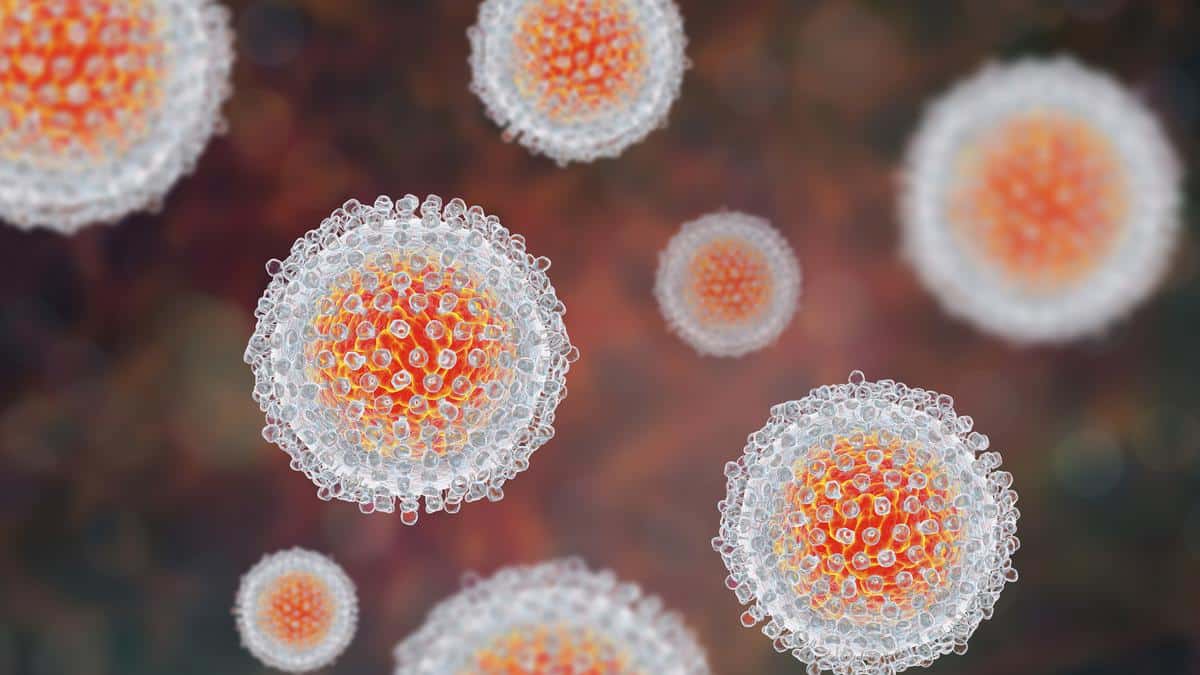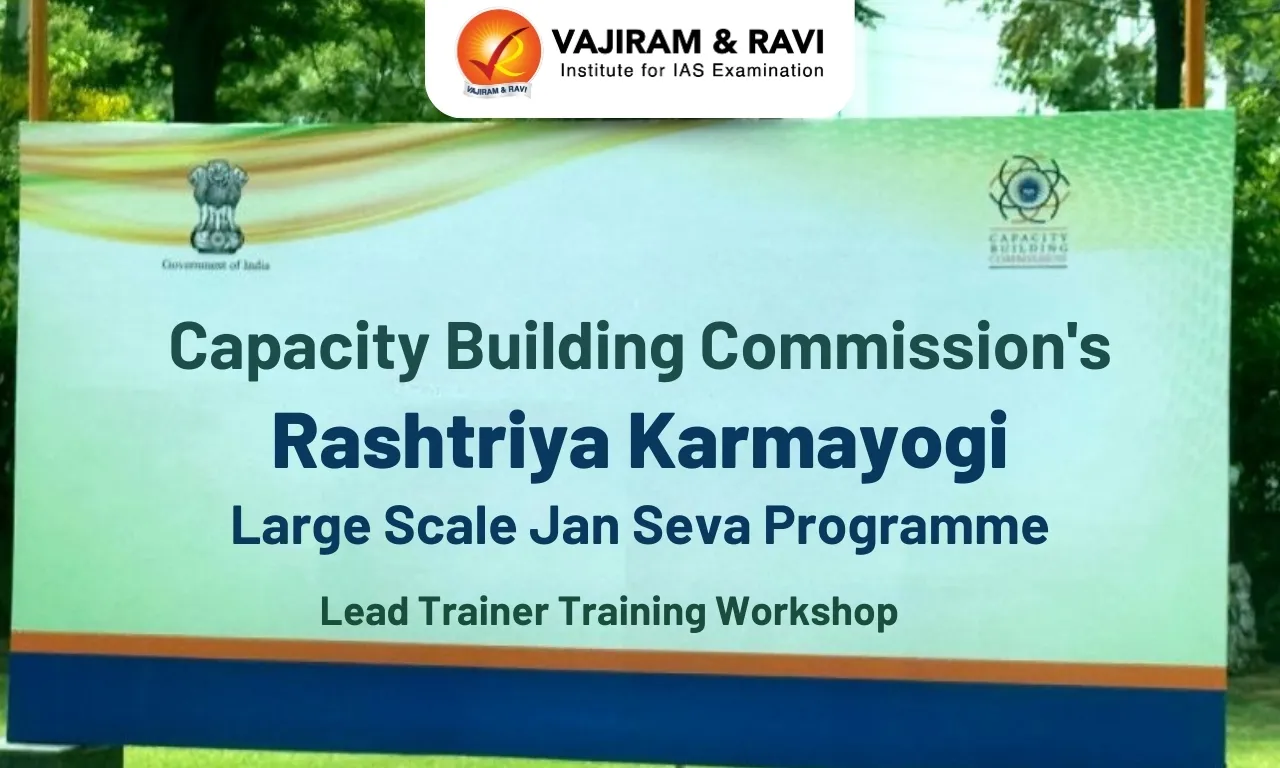About Hepatitis C:
- It is a viral infection that affects the liver.
- It can cause both acute (short term) and chronic (long term) illness. It can be life-threatening.
- Transmission:
- It is spread through contact with infected blood.
- This can happen through sharing needles or syringes, or from unsafe medical procedures such as blood transfusions with unscreened blood products.
- It can be passed from an infected mother to her baby and via sexual practices that lead to exposure to blood.
- Hepatitis C is not spread through breast milk, food, water or casual contact such as hugging, kissing and sharing food or drinks with an infected person.
- Symptoms: It can include fever, fatigue, loss of appetite, nausea, vomiting, abdominal pain, dark urine and yellowing of the skin or eyes (jaundice).
- Geographical distribution
- This virus infection occurs in all WHO regions.
- The highest burden of disease is in the Eastern Mediterranean Region and European Region.
- New HCV infections are usually asymptomatic, few people are diagnosed when the infection is recent.
- In those people who develop chronic HCV infection, the infection is often undiagnosed because it remains asymptomatic until decades after infection when symptoms develop secondary to serious liver damage.
- There is no vaccine for hepatitis C, but it can be treated with antiviral medications.
What is Gold tier status?
- It includes meeting specific criteria such as
- Ensuring 100% blood and injection safety, maintaining a minimum of 150 needles/syringes per year for people who inject drugs (PWID)
- Diagnosis of over 80% of people living with chronic hepatitis C virus (HCV),
- Treating of over 70% of individuals diagnosed with HCV.
- The establishing of a sentinel surveillance programme for hepatitis sequelae.
Q1) What is a virus?
It is a small infectious agent that requires a host cell to replicate and reproduce. Viruses are not considered living organisms because they cannot carry out essential life processes on their own. Instead, they rely on the cellular machinery of a host organism to replicate and spread.
Last updated on February, 2026
→ UPSC Notification 2026 is now out on the official website at upsconline.nic.in.
→ UPSC IFoS Notification 2026 is now out on the official website at upsconline.nic.in.
→ UPSC Calendar 2026 has been released.
→ Check out the latest UPSC Syllabus 2026 here.
→ Join Vajiram & Ravi’s Interview Guidance Programme for expert help to crack your final UPSC stage.
→ UPSC Mains Result 2025 is now out.
→ UPSC Prelims 2026 will be conducted on 24th May, 2026 & UPSC Mains 2026 will be conducted on 21st August 2026.
→ The UPSC Selection Process is of 3 stages-Prelims, Mains and Interview.
→ Prepare effectively with Vajiram & Ravi’s UPSC Prelims Test Series 2026 featuring full-length mock tests, detailed solutions, and performance analysis.
→ Enroll in Vajiram & Ravi’s UPSC Mains Test Series 2026 for structured answer writing practice, expert evaluation, and exam-oriented feedback.
→ Join Vajiram & Ravi’s Best UPSC Mentorship Program for personalized guidance, strategy planning, and one-to-one support from experienced mentors.
→ UPSC Result 2024 is released with latest UPSC Marksheet 2024. Check Now!
→ UPSC Toppers List 2024 is released now. Shakti Dubey is UPSC AIR 1 2024 Topper.
→ Also check Best UPSC Coaching in India






















